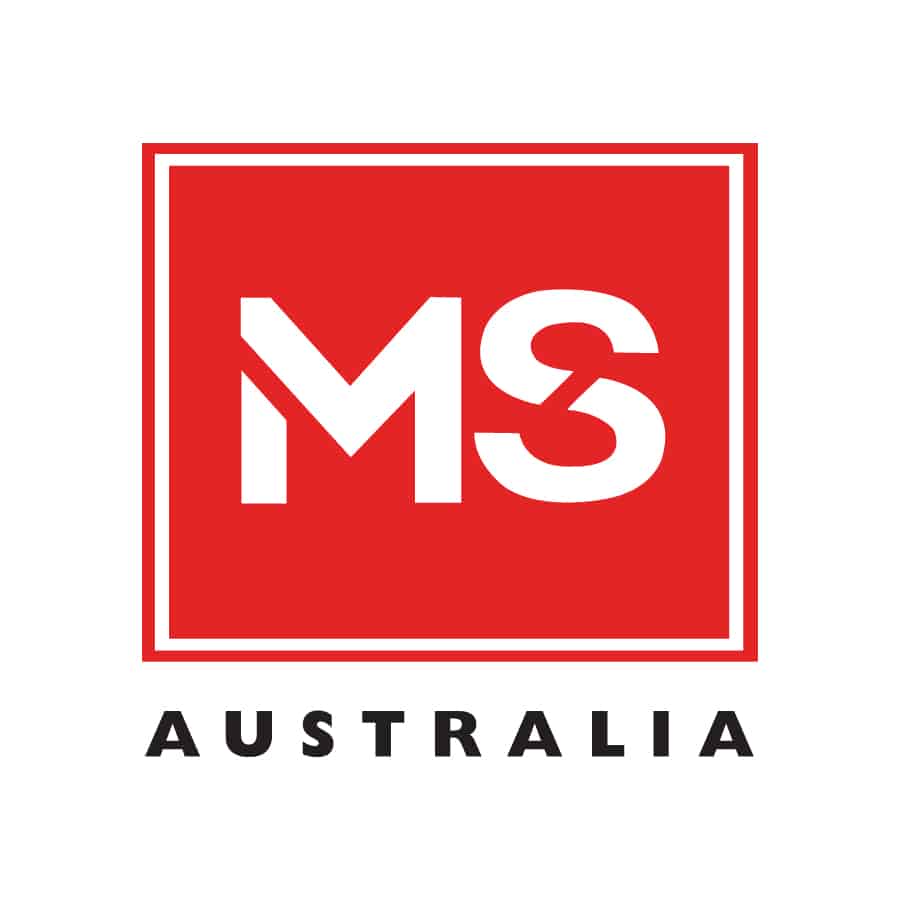Clinical trial of lifestyle interventions for weight management in adults living with MS
Obesity can increase the risk of developing MS and may increase levels of disability in those with established MS. Losing weight can help improve more than just body size, but it can be difficult to do and needs the support of a healthcare team to aid behaviour change. This study will use a tested method […]
STRONG-MS: Bone health and muscle health in MS
This study is a randomised controlled trial evaluating ONERO™. This is a High-intensity Resistance and Impact Training (HiRIT) exercise intervention that has potential benefits for bone health and muscle strength in people with (MS). Qualified physiotherapists will supervise balance exercises, impact movements and weightlifting in twice-weekly, 45-minute sessions. Participation involves a total of 24 months. […]
PLATYPUS – the Australian extension of the OCTOPUS trial
PLATYPUS is the Australian extension of a revolutionary trial based in the United Kingdom (UK) called OCTOPUS, which aims to enroll participants in the UK and Australia over the next few years. OCTOPUS (including PLATYPUS) is a trial which will test multiple treatments with the aim to find one that can slow down, and ultimately […]
Fatigue In Relapsing Multiple Sclerosis – Epstein Barr Virus (FIRMS-EBV) Treatment Trial
Fatigue is a common symptom for many people with MS and it does not respond to traditional MS treatments. It has been suggested that fatigue in MS could relate to chronic infection with the Epstein Barr Virus (EBV). In this clinical trial, two drug therapies with antiviral effects against EBV will be tested for their […]
Phase III, multicentre, randomised, double-blinded, placebo-controlled, MAMS trial of SpironolacTone and famciclOvir in the treatment of Progressive MS to prevent disability progression (STOP-MS)
Multiple sclerosis (MS) is a potentially devastating disease of the central nervous system and progressive MS, which occurs in up to two-thirds is the most severe form. Current therapies for MS have limited effect in the progressive stage. Recent studies have confirmed that the primary cause of MS is latent infection with Epstein-Barr virus (EBV). […]
A randomized, double-blind, Phase 3 study comparing efficacy and safety of SAR441344 to placebo in adult participants with non-relapsing secondary progressive multiple sclerosis (FREVIVA)
This is a Phase 3 clinical trial. Its aim is to demonstrate the efficacy and safety of an investigational drug compared to placebo in participants with Secondary Progressive MS. Globally, approximately 900 participants will be randomly assigned to the investigational drug or placebo. This is a double-blind study. This means the study doctor and participant […]
A clinical trial for patients with Myelin oligodendrocyte glycoprotein antibody disorder (MogAD)
This is a Global, Multicentre Phase III, Randomised, Double-Blind Clinical Trial. The study will include over 150 adults and adolescents (12-18 years of age) with MOGAD from around the world. Participants will be randomly assigned between treatment arms. In Australia 8 sites will participate in the study, located in NSW, Victoria and Western Australia.
Reducing the frequency of Autoimmune adverse events in the treatment of Multiple sclerosis with alemtuzumab using B-celL dEpletion (RAMBLE): a phase II, randomised, placebo-controlled clinical trial
To reduce the occurrence of autoimmune adverse events from the treatment of multiple sclerosis (MS) with alemtuzumab through the subsequent targeted use of rituximab. The hypothesis to be tested is that rituximab therapy following alemtuzumab treatment for MS will reduce the frequency of autoimmune adverse events. If this strategy proves to be safe and is […]
ACEMS: Aspirin, Cooling and Exercise in Multiple Sclerosis
This study aims to observe the effectiveness of a practical cooling strategy (cold water spray bottle skin cooling) in reducing heat-related fatigue in hot conditions for people with MS. Participants will complete 5 sessions in total: • 3 practice sessions (1.5hr each): two cycling, handgrip & balance sessions in room temperature conditions, and one in […]
Testing a new ice vest that could help people experiencing Multiple Sclerosis exercise
To investigate the acute effect of the UnderCool 2.0 cooling vest during high-intensity exercise in a heat sensitive MS population on; i) body temperatures and sweating, ii) feelings of exertion and hotness, iii) MS symptoms that are aggravated by heat, and iv) Concealability, comfort and functionality. With a controlled, cross-over design, 20 participants diagnosed with […]
